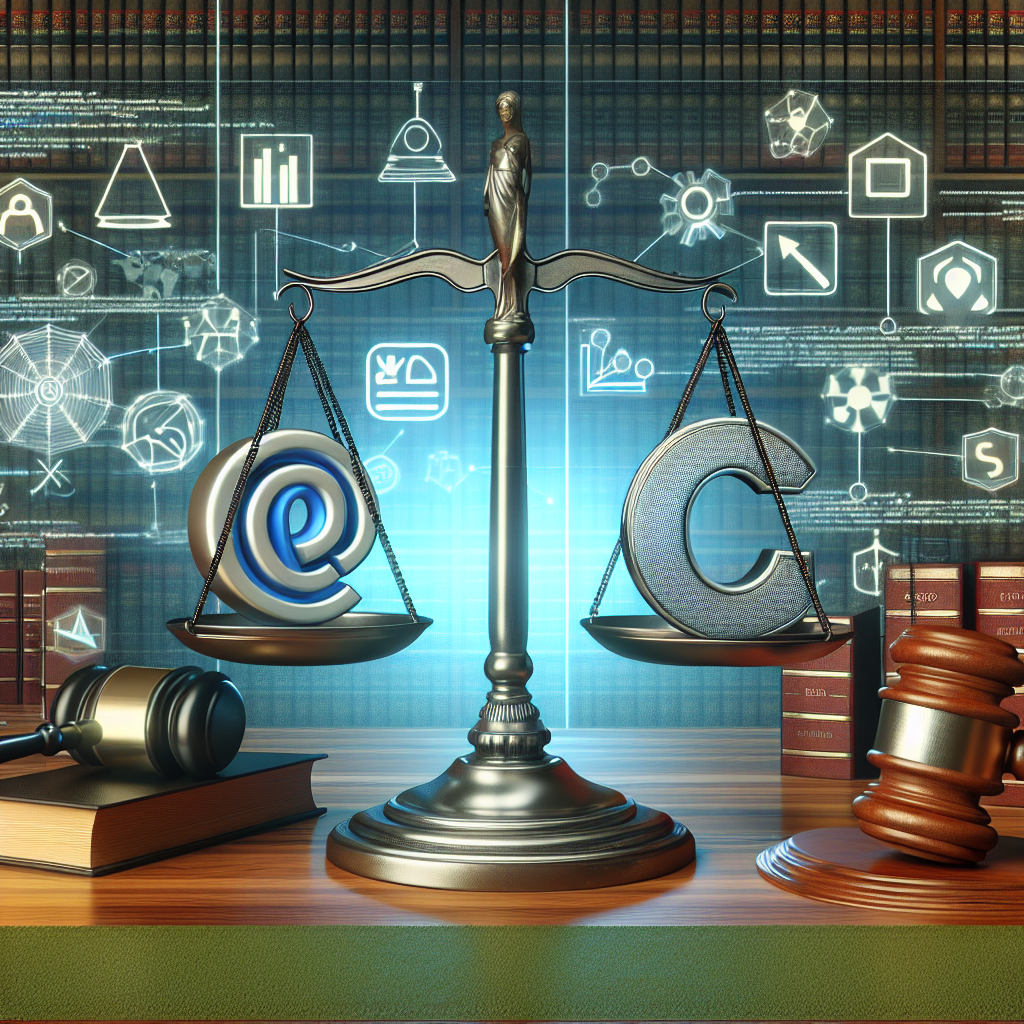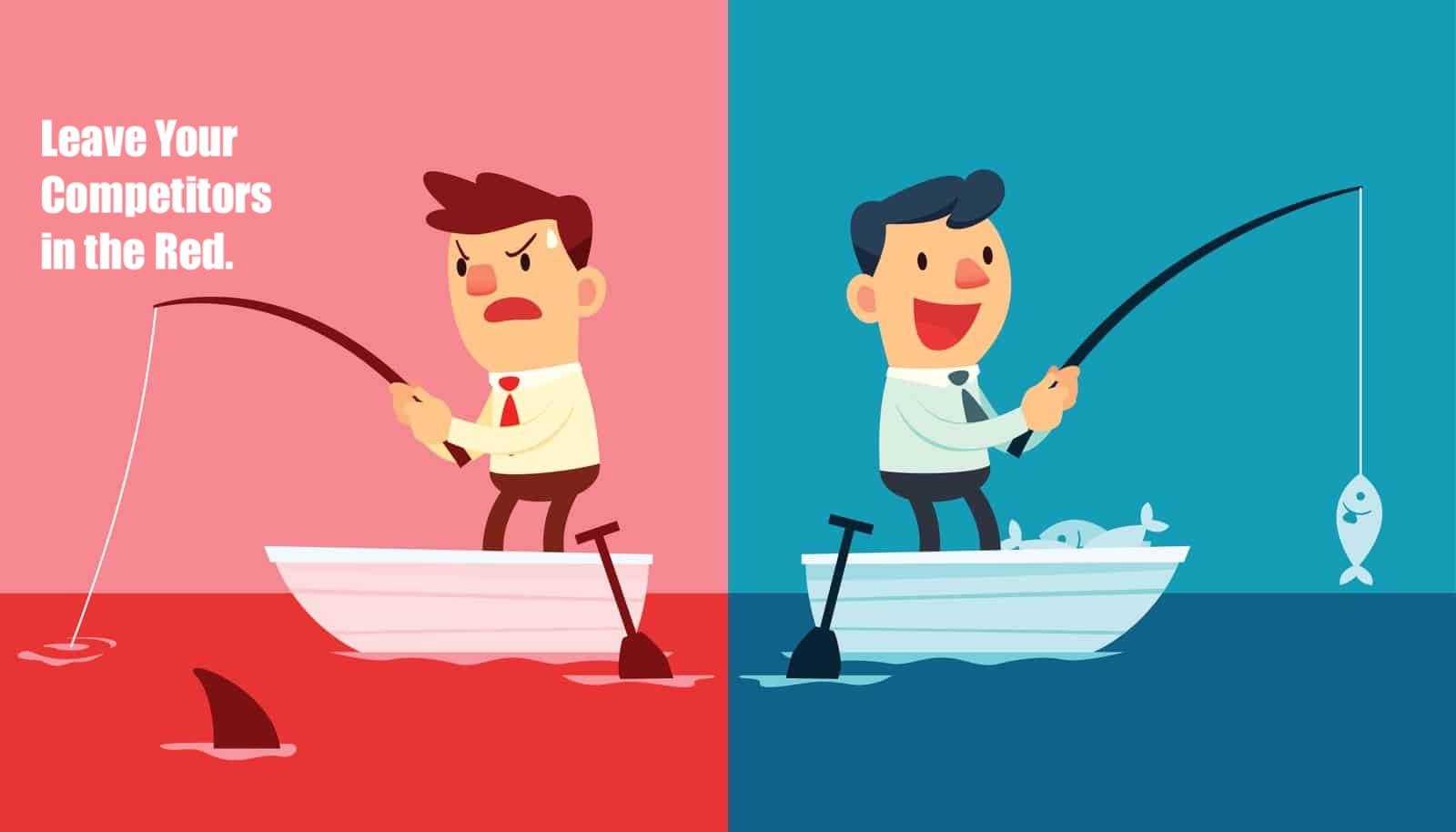Originally posted on https://www.joshcorbelli.com/7-takeaways-from-7-years-at-thomson-reuters/
In February, I made a career change.
After nearly seven years with Thomson Reuters legal marketing, I branched out and founded Agency 310 – a boutique marketing and branding agency that helps small and medium professional services businesses acquire more clients consistently and cost-effectively.
In those seven years, I had four roles, in various parts of the organization. And now with a bit of time to reflect, I wanted to share some of the lessons I gained over the years at one of the nation’s largest law firm marketing providers.
The Benefits of Working For A Large Organization (Like Thomson Reuters)
For the time I was there, which is not insignificant in this industry, the company was mostly good to me.
Culture.
When crafted properly, company culture can drive strong employee engagement, increase customer loyalty, and fuel internal innovation.
Example. Deep into my first year at the company (as an SEO Strategist for premier accounts), I sent an email to the president of my organization.
We’d never met, so I introduced myself and asked if he had any interesting book recommendations. He replied a couple hours later and recommended Playing to Win by A.G. Lafley (I purchased it and actually enjoyed the book, so much that six years later I recommended it on Eli Schwartz’s podcast).
That began a professional relationship with somebody much more influential than myself. I could give similar stories of people like Michael Mathhias, Steve Noel, Craig Yolitz, and Scott Shockney.
Takeaway: Having access to a leadership team who wants to see their employees succeed is a blessing, and not at all guaranteed.
Flexibility.
Being flexible with (and for) your employees can unleash previously dormant talent.
Example. I visited the main campus (outside Minneapolis) 10 times in my tenure.
While executive leaders encouraged my growth and evolution, it was made clear that to have a significant role in the company, I would need to live in Minnesota.
I had proven my worth at that point and they were open to the idea of a promotion. But there were no senior roles available. So, they created a new senior role that aligned with my talents.
Takeaway: Being able to recognize talent and be flexible, even within the confines of institutional bureaucracy, pays dividends for employee loyalty.
Personal Commitment.
It’s fairly easy to set yourself apart from the herd if you take on more challenges and deliver more than expected.
Example. Because of my proactive and curious nature, I was able to help develop the Social Media suite of service offerings (I helped craft the framework for what is now a multi-million product line); created internal resources to help the sales team generate more revenue per client; win awards for internal innovation by creating a flexible-spend service that integrates agility and proactive options to adjust strategy on the fly (which is currently being developed into a service line); and among many others, spending 18 months on the steering committee to put together a framework to transition 12,000 websites onto the WordPress platform.
Takeaway: By encouraging your employees to explore their creative pursuits, you give them the power to help grow your business.
The Challenges of Working For A Huge Law Firm Marketing Services Company
Despite the many positive things about the company, in any organization you will find bottlenecks, frustrations, and challenges. Here are a few things I found challenging in working at a company with a global footprint.
Ownership.
The deflection of responsibility increases with each additional person involved in a project.
Example. Most clients had: An account manager, project manager, designer, developer, digital marketer, and PPC strategist.
If something went wrong, the answer was usually to submit a ticket and have another person address the issue.
I don’t like having to jump through those hoops as a consumer myself, nor did I wish to do that to my client. That’s why I often went out of my way to handle something for which I wasn’t personally responsible.
Takeaway: While division of duties and responsibilities is necessary to grow, my philosophy is to approach every situation as if I were on the other side of the table.
Agility.
The bigger you grow, the harder it is to be agile.
Example. While all the solutions we put together were custom in nature, they didn’t allow for market-specific requirements to ensure success for everybody I worked with.
Updates on products could take years to develop, which is disadvantageous in a rapidly changing digital market.
This meant that firms in competitive markets had to hire an outside agency to fill in the gaps of strategy while the company reviewed viability of bringing that product to life.
Takeaway: Market domination is invaluable, but agility in a quickly-shifting market can provide a competitive advantage without sacrificing customer loyalty.
Knowledge Gaps.
Having the wrong people in roles increases knowledge gaps, which means many effective tactics and strategies are essentially ignored or left unexplored.
Example. I was able to take my technical skill set, blend it with the ability to consult and develop relationships, and translate that into my final role at the company: Field Sales.
It became increasingly difficult to believe the strategy and direction I discussed with clients was going to be effectively realized by the fulfillment teams.
I found myself on the phone with team members who denied recommendations and simply cited “that’s not a best practice,” even though some of the best practices were 8 years old.
The same tactics that worked five years ago don’t today, and it was increasingly difficult to find team members who wanted to think creatively about solving unique problems.
Takeaway: Having a team with significant experience in each area of your marketing plan takes you from “I think it works” to “I can’t live without my marketing team!”.
Accolades.
By focusing on what you used to do you mitigate the vision for what you will do. Accolades should complement your evolution, not be the crutch on which your business rests.
Example. In seven years I witnessed transformations, both in the marketplace, as well as innovation.
The company has won Webby awards, received industry kudos, and their backbone product – the findlaw.com directory – is widely regarded as one of the best attorney directories in the country.
Previously, these provided a nearly indefensible approach to working with the company.
But as other agencies began more progressive strategies, leveraging newer technologies and tools to help their clients, the company – which still has a phenomenal amount of business – saw firms choose to have smaller, more adaptable agencies work for them.
Takeaway: What worked in the past is good to know, but is not a substitute for what will work in the future.
So, why’d you leave?
All in all, my experience in and time with the company was positive. I built a network of friends with whom I still keep in touch, and developed lifelong relationships with clients, many of whom I today consider friends.
But organizations change. A couple years ago, some of my mentors mentioned earlier (Karl, Michael, Scott, Craig, etc.) left the company for one reason or another.
Following the departures was a series of reorganizations, personnel streamlining (layoffs), and changes in leadership and direction.
But for me, the choice was simple.
The promise I made with myself early on was this: As long as I can wake up in the morning and, despite the problems and frustrations, look myself in the mirror and believe that we deliver the best product more consistently than our competitors, I’ll keep striving for greatness.
Towards the end of last year, it became increasingly difficult to uphold that promise.
And one day in late January I woke up and looked myself in the mirror. It was time to change, so I did.







